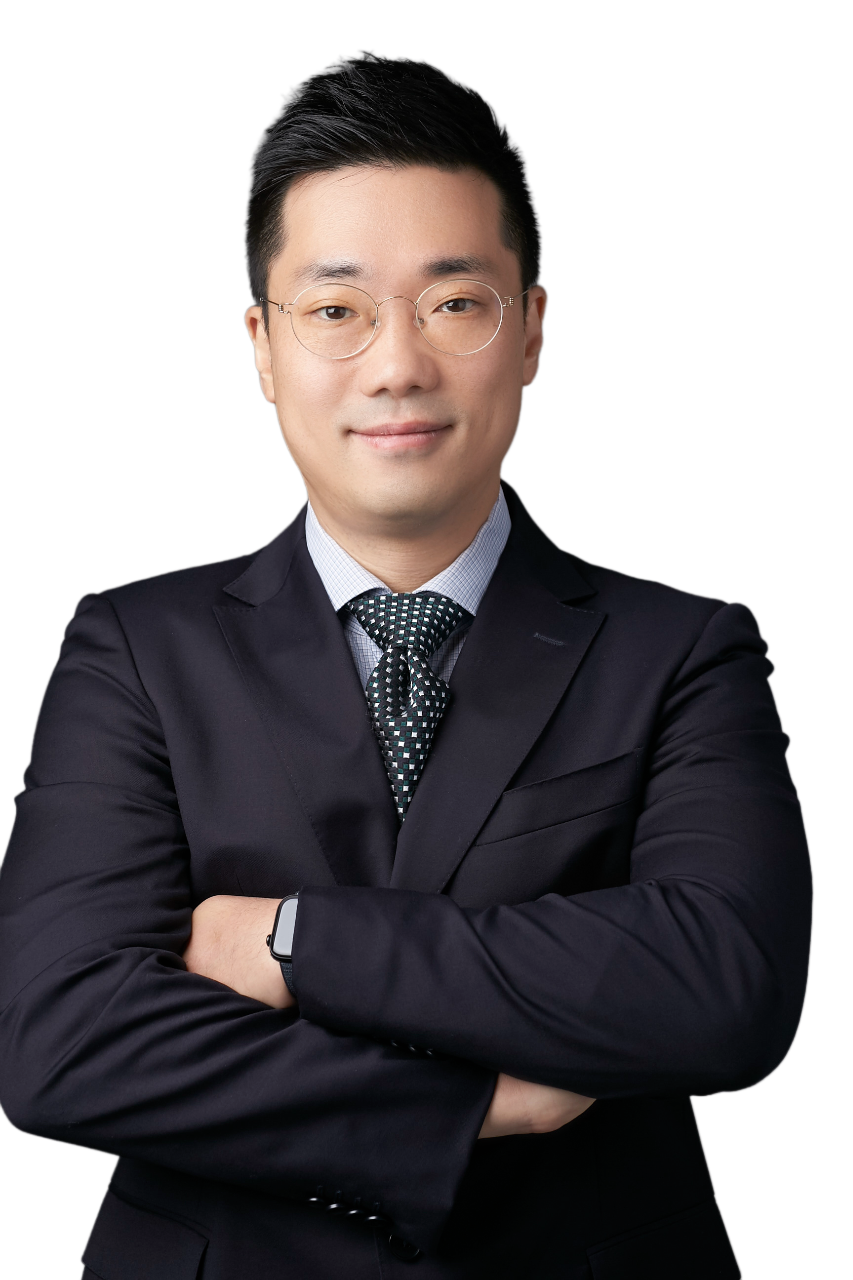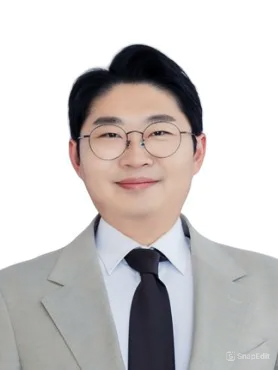
Prof. Woo-Jin Kim
Assistant Professor of Pharmacology · SNU Graduate School of Dentistry
Prof. Kim holds both a Ph.D. in Molecular Genetics and a D.M.D. in Dental Medicine from Seoul National University, and is additionally a certified Attorney at Patent Law. His diverse background fuels a uniquely interdisciplinary approach to dental medicine and molecular genetics research.
Since 2020, he served as a Research Assistant Professor at SNU School of Dentistry. In 2022, he joined Harvard Medical School and Brigham and Women's Hospital as a Postdoctoral Associate — bringing world-class expertise back to Seoul National University. From 2024, he serves as Assistant Professor of Pharmacology at SNU Graduate School of Dentistry.
His research focuses on the epigenetic regulation of skeletomuscular tissue, protein delivery systems, the genetic regulation of osteogenic differentiation through chromatin conformational changes, and genetic diseases of the skeletal system including cleidocranial dysplasia and craniosynostosis.

Prof. Ki-Tae Kim
Research Assistant Professor · Seoul National University School of Dentistry
Prof. Kim earned his Ph.D. in Biomedical Informatics from Seoul National University School of Medicine. Since 2021, he has been a Research Assistant Professor at SNU School of Dentistry, driving the lab's computational and AI-driven research agenda.
His work spans a broad disease landscape — head and neck cancer, brain cancer, gastric cancer, Alzheimer's disease, COPD, depression, PTSD, ossification of posterior longitudinal ligament — always through the lens of multi-omics genomics data at both bulk and single-cell resolution, identifying biomarkers linked to patient prognosis and disease severity.
He is deeply engaged in developing novel NGS analysis pipelines powered by computational statistics, machine learning, and deep learning — integrating clinical and variable genomic data. He actively collaborates with physicians, experimental scientists, and clinicians worldwide to translate bioinformatic insights into real-world impact.